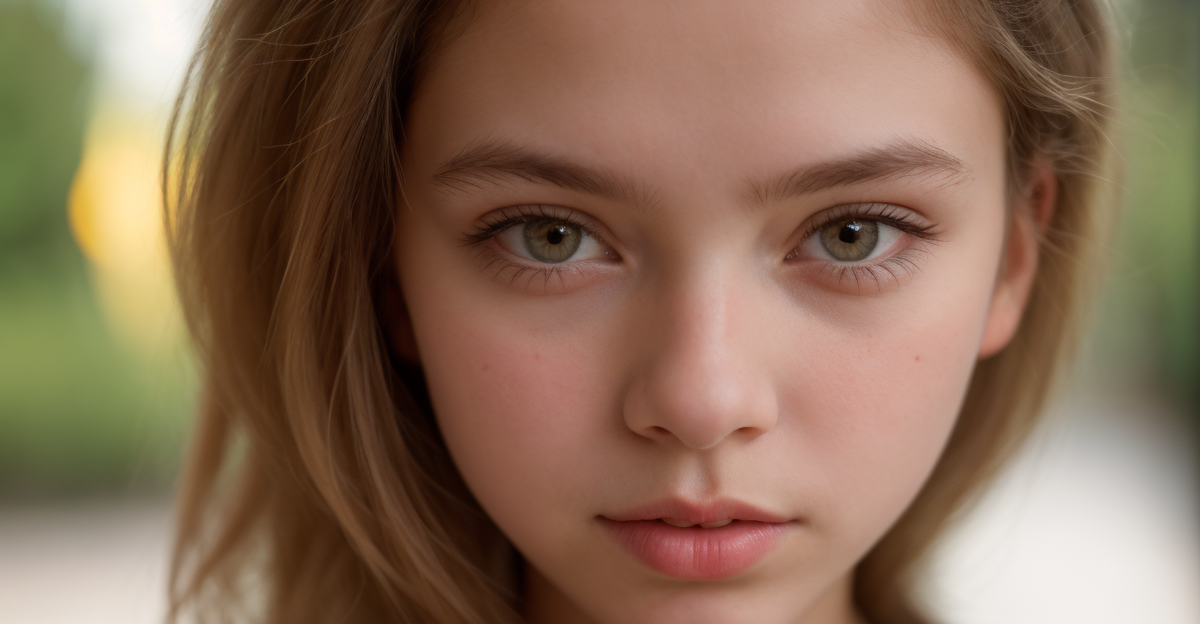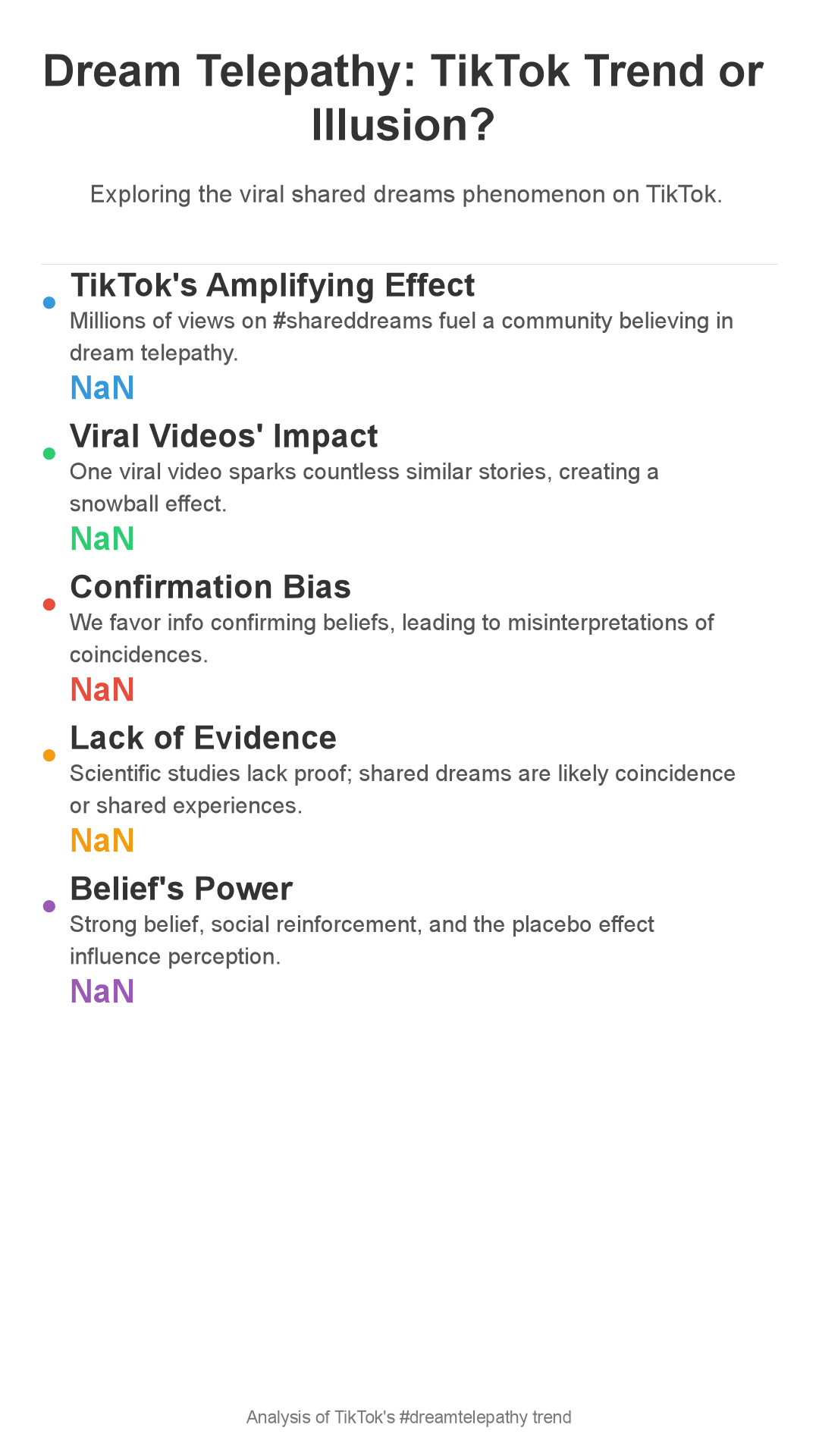
Is dream telepathy a real phenomenon, or just a viral TikTok trend? This video explores the purporte
Ever shared a dream so eerily similar to a friend’s it felt impossible? Is it a cosmic connection, a statistical fluke, or simply a captivating online trend? Let’s explore the fascinating world of dream telepathy.
Internet sleuths! Hit that like button and follow for more mind-bending explorations of pop culture and the paranormal! Today, we delve into a TikTok phenomenon: dream telepathy. Is it genuine, or a collective illusion fueled by late-night scrolling and shared anxieties?
The Rise of Dream Telepathy on TikTok
TikTok’s Amplifying Effect
TikTok, a seemingly endless scroll of viral content, has become the epicenter of this modern phenomenon.
Hashtags like #shareddreams, #dreamtelepathy, and #dreamsynchronicity overflow with videos recounting strikingly similar dreams.
. These videos garner millions of views, fostering a vibrant community convinced of the phenomenon.
Viral Videos and Their Reach
Specific viral videos have significantly fueled this trend. Imagine a video detailing an improbable shared dream among strangers – it sparks a wave of similar stories, reinforcing the belief.
This snowball effect transforms a curious anecdote into a widely accepted “truth” within the TikTok ecosystem.
Psychological Explanations for Shared Dream Experiences
Confirmation Bias and Selective Memory
Let’s explore some psychological perspectives. Our brains excel at finding patterns, sometimes a little *too* well.
Confirmation bias means we favor information confirming our beliefs.
The Collective Unconscious
From a Jungian perspective, the collective unconscious suggests universal themes reside in our subconscious.
Social Contagion and Suggestion
Suggestion is incredibly powerful. Seeing countless videos about shared dreams plants the seed of expectation, influencing dream recall and interpretation.
Scientific Perspectives on Dream Telepathy
Lack of Scientific Evidence
Scientific studies supporting dream telepathy are, frankly, lacking.
The scientific community largely attributes seemingly shared dreams to coincidence, similar life experiences, or cultural influences.
Alternative Explanations
More likely explanations include mundane factors.
Similar media consumption (watching the same movie), shared anxieties (stress over an exam), or cultural narratives can all influence dream content.
The Power of Belief and the Placebo Effect
The Belief System
Belief’s power is a fascinating aspect of human psychology. A strong belief, regardless of scientific validity, profoundly impacts perception.
Social Reinforcement
The online dream telepathy community provides constant social reinforcement. Sharing experiences and seeing others validate your beliefs strengthens the conviction.
So, the question remains: Do *you* believe in dream telepathy, or is it a captivating internet phenomenon fueled by confirmation bias and the power of TikTok?
Let’s discuss this in the comments below! Share this post with friends who might be experiencing (or dismissing) their own shared dreams! What are your thoughts on the ethical implications of promoting unsubstantiated paranormal claims online?

Enjoyed this? Check out our YouTube channel for video versions!
Enjoyed this? Check out our YouTube channel for video versions!



